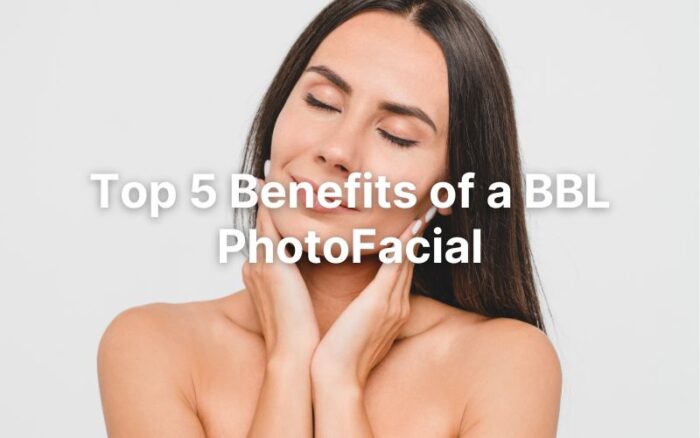What is Laser Skin Resurfacing?
The term “laser skin resurfacing” covers a variety of treatments where a laser inflicts carefully controlled damage to either all or just a fraction of the skin’s surface. This causes the skin to heal and rejuvenate itself, increasing cell turnover and resolving a wide range of skin issues.
Fractional lasers only treat a fraction of the skin, meaning that they create tiny areas of damage surrounded by healthy skin. This allows the undamaged skin to flood the injured areas with healing and growth factors. This stimulates faster healing, cell turnover, and collagen development to improve the condition and appearance of the skin.
Who is a Good Candidate for Laser Skin Resurfacing?
Good candidates for laser skin resurfacing include those who have issues with skin laxity, hyperpigmentation, sun damage, scarring, or lines and wrinkles. In addition, candidates for Opus Plasma™ treatment can be of any skin type and tone, unlike some lasers only safe for lighter skin. Ideal candidates are nonsmokers in good health and with reasonable expectations of what to expect from treatment.
You may not be a good candidate if you are pregnant or if you have a history of forming unusually thick, raised scars (keloids). People with an active skin condition on the face should not have skin resurfacing until this issue has been resolved. Most candidates are in their 40’s or 50’s and can benefit from non-surgical skin tightening and smoothing.
People with significant amounts of loose skin may not see much skin firming or much improvement in lines and wrinkles. More intensive skin laxity and deep lines can require a more involved treatment plan to see results.
How Does Skin Resurfacing With Opus Plasma™ Work?
Opus Plasma™ uses a unique combination of radiofrequency and plasma energies to produce results that exceed expectations without compromising patient comfort or recovery time. Instead of using heat energy to create microdamage, causing more skin injury, the Opus Plasma™ uses its radiofrequency and plasma energy combination to produce the same pattern of fractional microdamage with less discomfort to the surrounding skin.
Opus Plasma™ supercharges the tips of its small metal pins with radiofrequency (RF) energy. When brought to the skin, the charged pins generate plasma, creating tiny fractional damaged areas. This device does not use needles, and the pins never penetrate the skin. Instead, the energy jumps from the pins to the skin to create tiny pits that trigger the skin to begin the regeneration process.
In addition, the device allows a choice of light, moderate, or aggressive intensity to maximize the effectiveness and comfort for each patient. A light treatment may compare to a mild peel or similar treatment, while an aggressive intensity can achieve results similar to some of the industry’s most powerful lasers.



